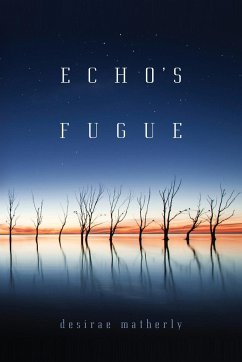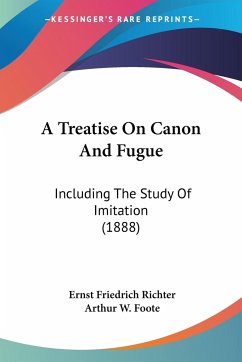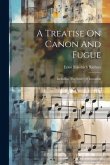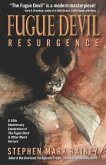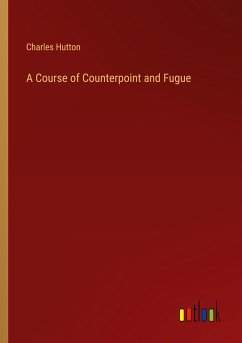Through a series of variations on the theme of love-unrequited, polyamorous, monogomous, scandalous, adulterous-Desirae Matherly's Echo's Fugue explores love in all its failures and delusions. Patterned on the unfinished The Art of Fugue by Johann Sebastian Bach which has been a mystery for centuries, Echo's Fugue undertakes Bach's project in prose-the tantalizing numerical correspondences throughout, the repetition of a single theme, the unfinished final piece. Matherly's essays appear as letters, indexes, narrative, or sentence diagrams, each defying the rules of the blank page. Song lyrics, obsession, Greek mythology, psychology, game theory, and human sexuality form a fragmented narrative about loss and unhealthy attachments. Mimicry of Bach's fugues leads the author to questions about love, sex, desire, the "Bach or Stravinsky" paradigm in game theory, and relationships considered taboo by mainstream standards. What authority speaks clearest with regard to love, sex, and desire-and is objectivity even possible? The final essay attempts to resolve this question while echoing the puzzle of Bach's final unfinished fugue.
Hinweis: Dieser Artikel kann nur an eine deutsche Lieferadresse ausgeliefert werden.
Hinweis: Dieser Artikel kann nur an eine deutsche Lieferadresse ausgeliefert werden.

